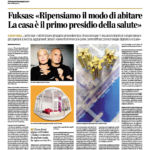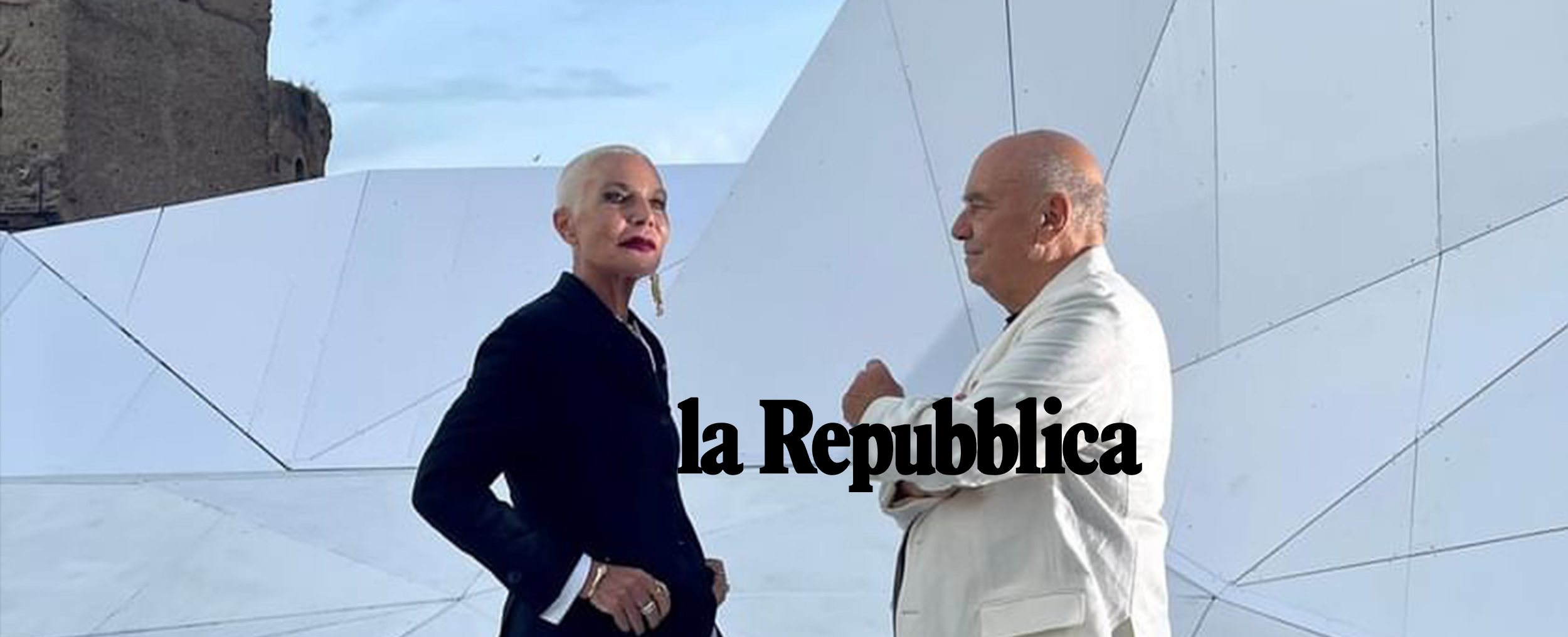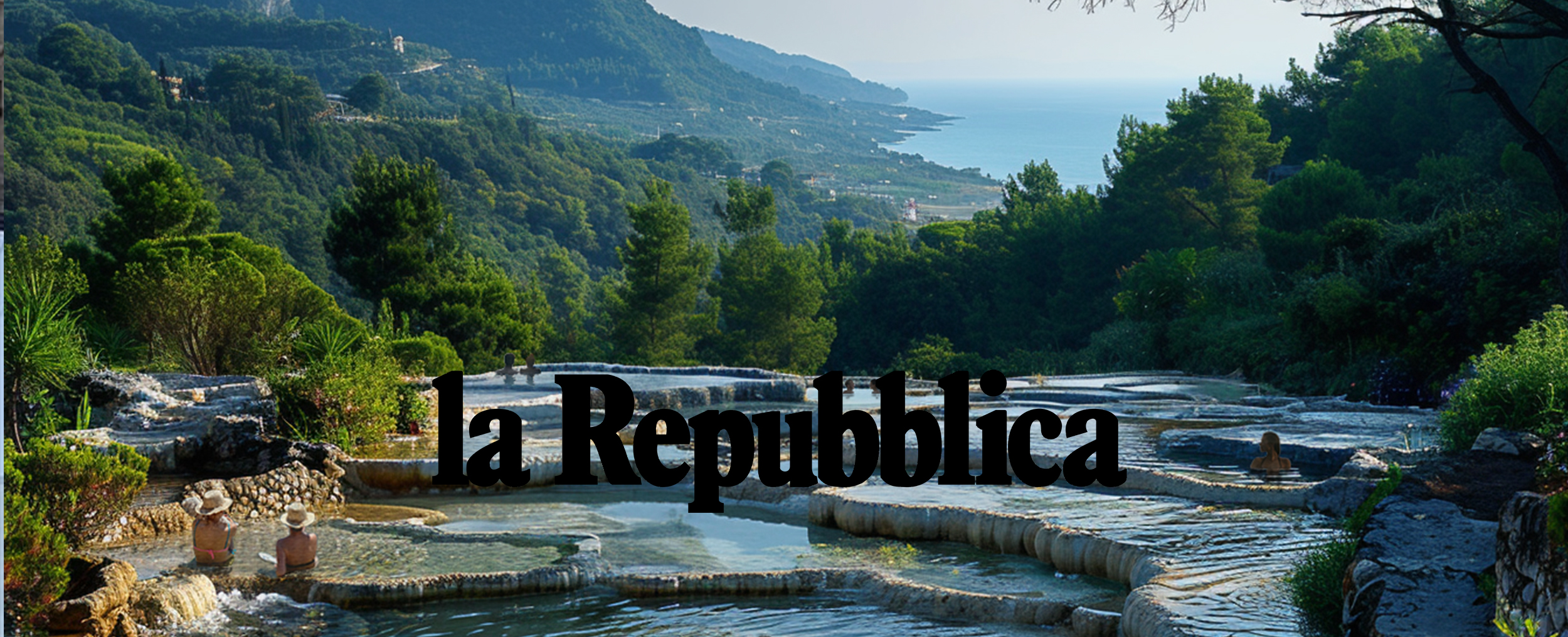
2020, May 22
Fuksas: «We need to rethink the way of living, the house is the first presidium for the protection of our health», Interview on L’Eco di Bergamo
Fuksas, the Covid 19 has changed our everyday life. An unexpected event and unforeseen. The virus found us unprepared and powerless. What do you remember of the first days of the emergency?
We got stucked in our house in the Sienese countryside since March 5th, we had come for Doriana’s birthday and we couldn’t move anymore. We are privileged because we have large spaces available in nature. At the beginning it was difficult to organize ourselves mainly from a technological and working point of view, but we were successful, and we are 100% operational even with our collaborators who work, as they say now, in “smart working”.
Over the years, do you think in Italy there has been a certain disinterest to house policy?
In Italy we haven’t moved on in the field of the house policy, after Fanfani no other plan for the house has ever been made. Italy is overwhelmed by a dense bureaucracy and lacks of a common plan and an organic vision to face the housing problem, other European countries such as France and Germany have instead moved on in the past years. In Italy, there are 170 thousand small laws plus thousands of regional circulars often written in incomprehensible language. As the housing emergency keeps growing, we continue to cling to laws that are no longer contemporary with very complex procedural aspects, difficult to apply in modern times. It is not so much a matter of disinterest as an inability to simplify.
Small houses of less than 60 sqm, in your opinion they are unlivable, why?
It is not a matter on unlivability. Houses smaller than 60 sqm are often victims of the past building speculation and have been built without considering the flexibility of spaces. Nowadays the house has become the first shelter and presidium and therefore needs to be rethought in terms of utilitas. We need an organic plan, a concrete program made of innovative solutions in which the spaces of the house can be transformed according to the new needs of people, by integrating in the house the possibility of remote work and teaching, or considering the possibility to isolate a sick person. We need to rethink our way of living in a broad sense.
More news




